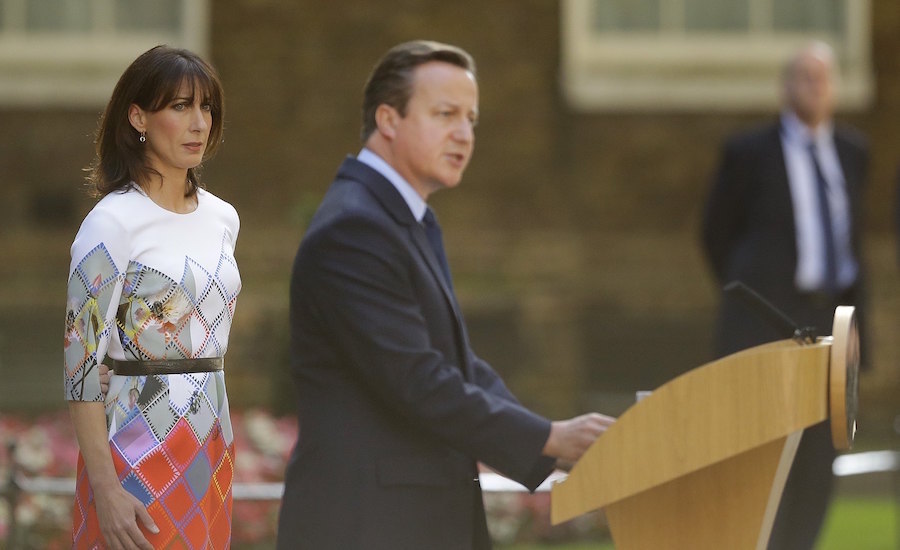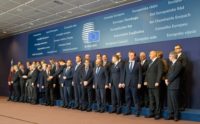On news that U.K. voters had opted—by a 3.8% margin in the country's much-anticipated June 23 referendum—to leave the European Union, the pound sterling tumbled some 10% against the dollar to a 30-year low, nearly $300 billion was wiped off the value of shares and Britain's Prime Minster David Cameron gave notice he would resign.
The U.K. could be out of the union in 2018, but how the departure of a major country from the 28-nation trading bloc will affect construction and other industries still is partly a mystery.
U.K. construction exposure to the EU is most evident in the sounds of East European accents on countless sites cross the country, particularly in London and the south east. As nationals of EU nations, these crews have the right to travel freely and work in any EU-member nation.
As one of Europe’s most active construction economies, the U.K. has been a magnet for workers in a continent still struggling with recession.
With the U.K's departure from the Union, the fate of migrant workers already there is now in doubt and the movement of future hopeful migrants is almost certain to be curtailed, with curbing immigration seen as the main plank of the successful faction that pushed what has become known as Brexit.
Even so, professionals are now also uncertain about the effect of Brexit on EU-adopted design codes and standards. In 2007, a suite of harmonized standards for structural and geotechnical design, known as Eurocodes, was introduced.
These codes are now used by an estimated half a million professionals across the EU and have been adopted by U.K. public infrastructure owners. Quality standards on materials and products have also been harmonized throughout the region.
Over the last months, the referendum debate has polarized Britain, with those on the "Remain" side warning of huge economic costs. Cameron, as well as officials of the U.K. finance ministry (Treasury), the Bank of England and the International Monetary Fund, and independent analysts, nearly 90% of polled senior economists and many other serious observers warned of medium-term turmoil, economic loss and long term uncertainty.
But the anti-immigration campaign of the Brexit-ers defeated their strategy. They argued that the freedom of movement was a treaty obligation and that it would not be possible to get agreement of 27 other nations to introduce the controls they wanted.
So the only way to curb immigration was to quit the union, they argued.
The freedom of movement for goods, capital and people are the cornerstones of the EU trade systems known as the Single Market. The U.K. was one of the strongest proponents of the "single market" during its establishment in the 1980s and 1990s.
Brexit will empower the U.K to block access to other Europeans, but at what cost.
“There are very real implications to the access to engineering talent,” warns the financial consultant KPMG. And the freedom of British construction workers and professionals to function on the Continent might also be curtailed.
On a corporate level, U.K. contractors have relatively little exposure to the EU market and only some of the design firms have significant operations there. Big continental contractors, however, have successfully embedded themselves in the U.K. How potential trade barriers will affect them is unknown.
The U.K. joined the Union in 1973 and its membership was affirmed two years later in a referendum.
Following the Brexit vote, the U.K. will soon invoke a treaty provision triggering up to 24 months of departure negotiations.
In the next few years, the U.K. must attempt to arrange new trade and other relationships with the EU as a bloc and potentially with all of its other remaining members separately.
At the same time, the U.K. must develop arrangements to replace for itself some 50 trade deals that the EU has with other countries.
Meanwhile, executives must review their companies’ futures outside of the world’s largest trading bloc with around 500 million people. And all of this must happen as anti-EU sentiment, already growing across Europe, is boosted by Brexit.





Post a comment to this article
Report Abusive Comment